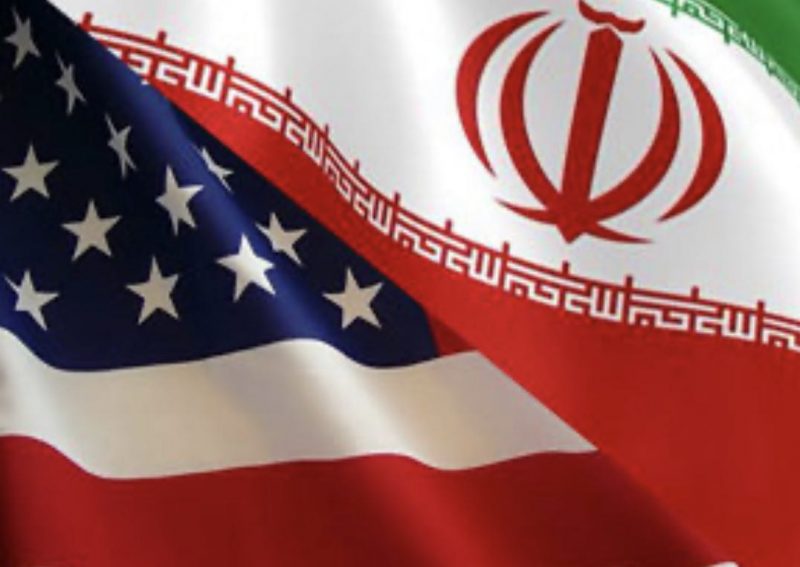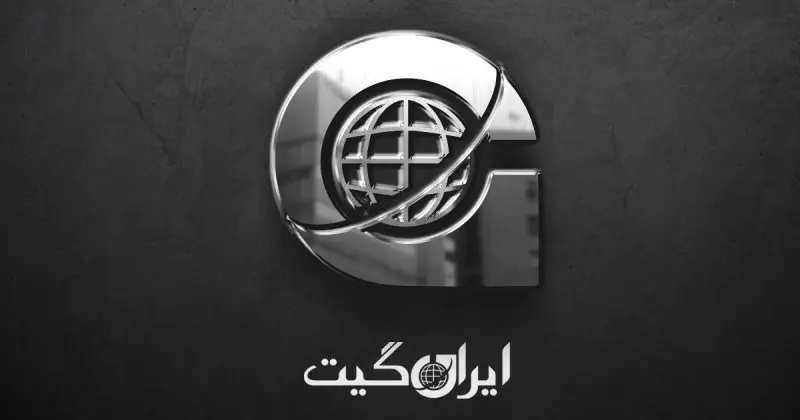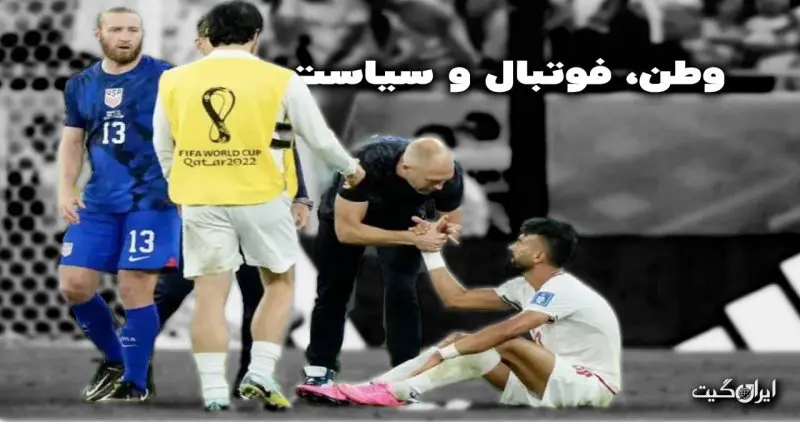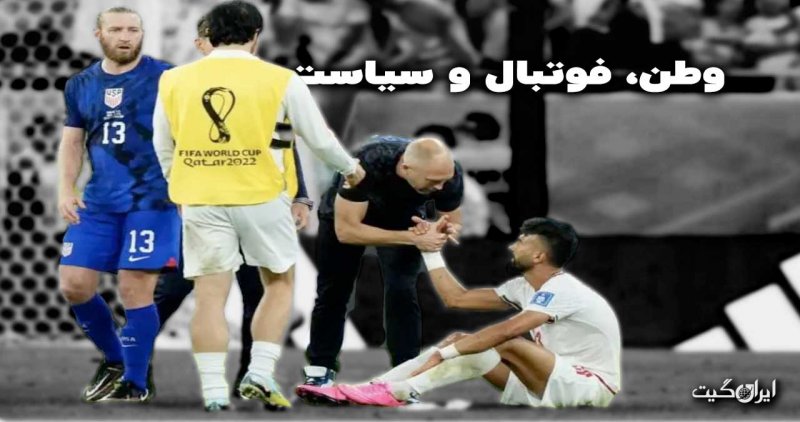Homeland of Football and Politics
The homeland of football and politics, much like the match against England, once again saw Iran’s loss to the USA bringing joy to some people. However, these people are now accused on social media of being foreign-loving traitors. A Twitter user reacted by writing that they used to say patriotism is heresy and at most would call it love for the homeland, but now the homeland has become important to them.
Continuing the Polarization
Are the people who were happy about Iran’s loss and the USA’s win or took to the streets experiencing an identity crisis, lacking identity, and being anti-Iranian? Is what is interpreted as people’s joy over Iran’s loss to the USA a result of efforts attributed to some media outlets outside Iran? Have separatists succeeded in creating a sense of fragmentation and lack of belonging towards Iran among some people?
It seems that the matter is more emotional and spontaneous than it is about identity and nationality, stemming from a protest reaction and certainly temporary. People, due to recent events, feel anger and grief, feeling that the national team also turned its back on its people and was unaware of their mourning and anger. What is seen from the people should merely be assessed as a protest reaction at a moment in the national team’s history, not a deeply rooted event stemming from feelings that need to be understood and recognized, rather than labeled.
What is observed these days in some people’s reaction against the national football team is neither strange nor new. In September 2023, Iran defeated Iraq in Baghdad’s Al-Shaab Stadium with two goals by Daei and Karimi, while Iraqi Arab spectators were cheering for the Iranian team.
Parvaneh Salahshouri, a reformist former member of parliament, wrote in a tweet that the national team’s loss and some people’s joy after it is the result of the society’s division into insiders and outsiders. People, lacking options, opposed what belonged to the insiders.
On the other hand, the Iranian team was supposed to function for the political structure exactly like the title ‘Football Against the Enemy’ by Simon Kuper, translated by Adel Ferdosipour, but it failed. Part of the power structure and the revolutionary movement imagined that by defeating the American team, they had in fact defeated America.
They had certainly prepared many slogans, programs, and statements in advance to use them both internationally against America and the West, and domestically, especially against protesters. The whispers from some figures within the power structure before the game clearly showed they were waiting to start making political references from a national game after it.

America Struck Us
It is true that football and politics have often intersected, and football is the most political sport in world history, with many books, articles, and reports written about it. However, another reality exists: football is, in essence, just football, and apparently what happens on the green rectangle, especially the game’s result, is merely a sporting and technical event, and no more should be expected from it.
Wins and losses in it are unpredictable, and linking the defeat of the American team to the defeat of the American government or imperialism is merely a mental game disconnected from reality.
Why is it unrealistic and wrong? Because this interpretation is a double-edged sword. When you interpret defeating the American team as striking the mouth of criminal America, you must accept that the reverse situation is also true.
When defeating the American team becomes our victory over America in sports arenas or defeating the enemy on one of its fronts, then our team’s defeat by America must also mean the victory of the American government over us.
National Team and the Accusation in the Middle of the Game
Childish interpretations and incorrect analogies, irrelevant loading, and excessive expectations on something that is not at the heart of politics but on its margins, and mistakenly and insistently attaching it to politics, harm both politics and what is inherently non-political but has its own function and identity. This is exactly what happened to our national football team.
In the middle of this, the footballers were also turned into figures in the middle of the game, who, as one Twitter user said, lost to themselves, their people, and those who had politically invested in them. A team that did not know what choice to make and was confused under various pressures. News like pressure on the footballers’ families, meetings with security figures in Qatar, warnings, and from the other side, attacks and expectations from the people.
The result was that the footballers did not know where they stood with themselves, the people, the game, and the government. In the first game, they did not cooperate in singing the national anthem and wore black armbands, but in the second and third games, they were forced to back down.
Iran lost to the USA in the 2022 World Cup just as it had defeated the USA in the 1998 World Cup. It’s that simple, just as other teams have won or lost to each other many times. The most political sports match in the world is ultimately just a match.
That’s all. At the end of the game and after Iran’s loss, a member of the American team embraced a crying member of the Iranian team. American sports journalist David Benkel wrote about it: If politicians allow, people will connect with each other.
- Qatar, the Censors’ Ideal Host
- Qatar’s security cooperation with Iran to control Iranian spectators



